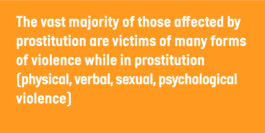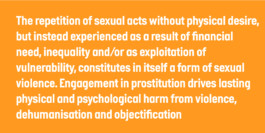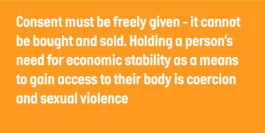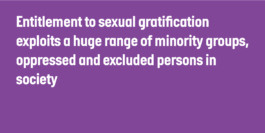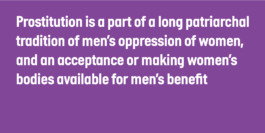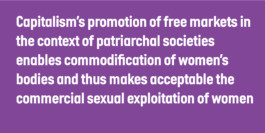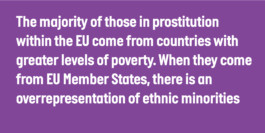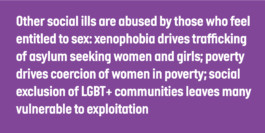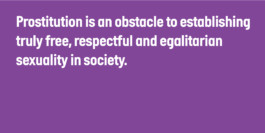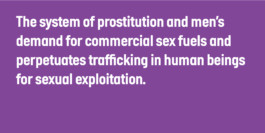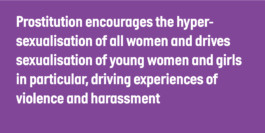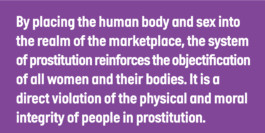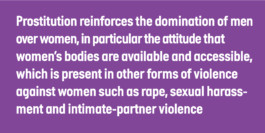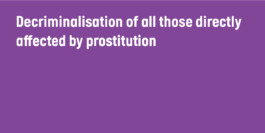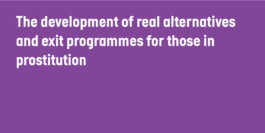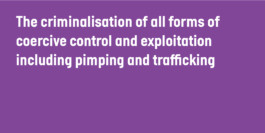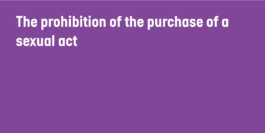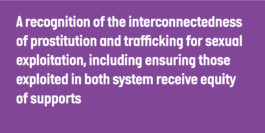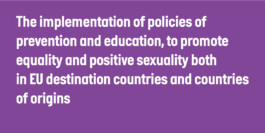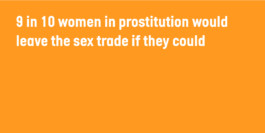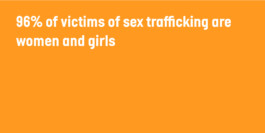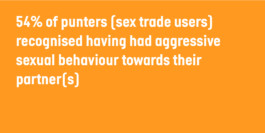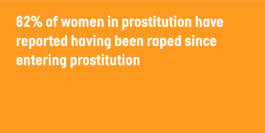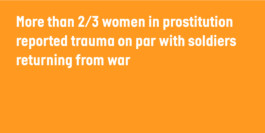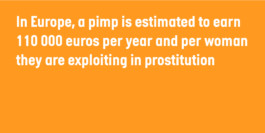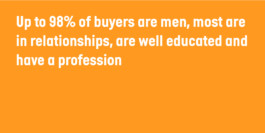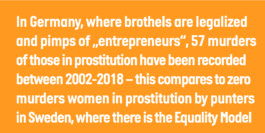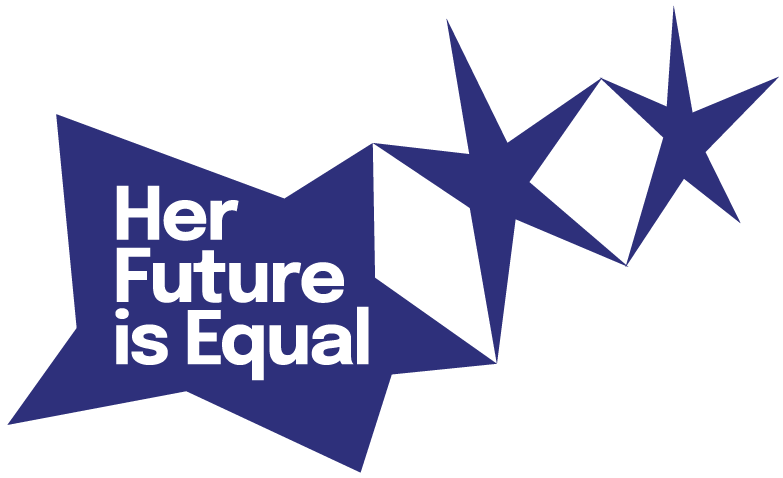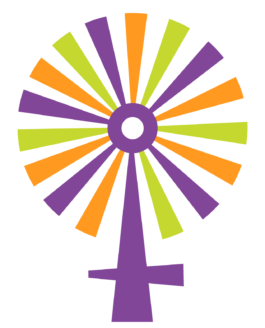
We, the signatories to the Brussels’ Call, come Together for a Europe free from prostitution.
This is crucial to realising a Europe where justice, equality, non-discrimination and freedom from oppression are the norm; where all sexual relations are consensual and those who coerce, exploit and commit violence are held to account for their actions.
To realise this vision for the Europe we want we must take critical legal and social actions and we must commit resources to delivering these changes. We must ensure that no person affected or exploited by prostitution is criminalised, or faces negative consequences as a result of her actions to survive. This includes decriminalising those affected by prostitution and delivering health, education, legal and financial support. We must also ensure pimps, traffickers and punters are sent a clear message that their entitlement and exploitation is unacceptable in a progressive society and that they will be held to account for their actions – through criminalisation. This must also be combined with education and promotion of positive consent; social collective freedom; raising awareness on why the purchase of sex drives demand for violence against women; challenges to male entitlement and critiques of all forms of enduring social oppression.
When society and all its citizens come together at local, national and European levels, we can achieve change. We must align with European values of respect for human dignity and human rights, freedom, democracy, equality and the rule of law. We will continue the growing momentum and drive for reforms to the transnational system of the sex trade.
Whereas through our core principles we stand with survivors and recognise:

Prostitution is a form of violence
Consent must be freely given - it cannot be bought and sold. Holding a person’s need for economic stability as a means to gain access to their body is coercion and sexual violence.

Prostitution is a form of exploitation of inequalities

Prostitution is a violation of human dignity
What is the Equality Model?
First introduced in Sweden in 1998, the Equality Model is a legal model for responding to the sex trade. It recognises the inequality of power and privilege at the core of the sex trade, as set out in the core principles of the Brussels’ Call.
The Equality Model is based on the adoption of laws, policies and resourcing which would guarantee:
We are seeking the introduction and implementation of the Equality Model in all EU Member States, and by the European Union as a whole – to support all women and girls, towards a Europe Free from Prostitution.
What is the reality of prostitution in Europe today?
The Brussels’ Call is a collaboration of dozens of MEPs and more than 200 civil society organisations, working together to combat violence against women and girls through seeking to end the system of prostitution. Founded in 2012 by the European Women’s Lobby, Foundation Scelles and Movement du Nid, we are committed to working at international, European, Member State and local level to achieve the abolition of prostitution while ensuring accountability of procurers and sex buyers and effective supports are provided to those directly affected.
#EndDemand #BrusselsCall
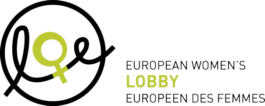


We, the signatories to the Brussels’ Call, come Together for a Europe free from prostitution.
This is crucial to realising a Europe where justice, equality, non-discrimination and freedom from oppression are the norm; where all sexual relations are consensual and those who coerce, exploit and commit violence are held to account for their actions.
To realise this vision for the Europe we want we must take critical legal and social actions and we must commit resources to delivering these changes. We must ensure that no person affected or exploited by prostitution is criminalised, or faces negative consequences as a result of her actions to survive. This includes decriminalising those affected by prostitution and delivering health, education, legal and financial support. We must also ensure pimps, traffickers and punters are sent a clear message that their entitlement and exploitation is unacceptable in a progressive society and that they will be held to account for their actions – through criminalisation. This must also be combined with education and promotion of positive consent; social collective freedom; raising awareness on why the purchase of sex drives demand for violence against women; challenges to male entitlement and critiques of all forms of enduring social oppression.
When society and all its citizens come together at local, national and European levels, we can achieve change. We must align with European values of respect for human dignity and human rights, freedom, democracy, equality and the rule of law. We will continue the growing momentum and drive for reforms to the transnational system of the sex trade.
Whereas through our core principles we stand with survivors and recognise:

Prostitution is a form of violence
Consent must be freely given - it cannot be bought and sold. Holding a person’s need for economic stability as a means to gain access to their body is coercion and sexual violence.

Prostitution is a form of exploitation of inequalities

Prostitution is a violation of human dignity
What is the Equality Model?
First introduced in Sweden in 1998, the Equality Model is a legal model for responding to the sex trade. It recognises the inequality of power and privilege at the core of the sex trade, as set out in the core principles of the Brussels’ Call.
The Equality Model is based on the adoption of laws, policies and resourcing which would guarantee:
We are seeking the introduction and implementation of the Equality Model in all EU Member States, and by the European Union as a whole – to support all women and girls, towards a Europe Free from Prostitution.
What is the reality of prostitution in Europe today?
The Brussels’ Call is a collaboration of dozens of MEPs and more than 200 civil society organisations, working together to combat violence against women and girls through seeking to end the system of prostitution. Founded in 2012 by the European Women’s Lobby, Foundation Scelles and Movement du Nid, we are committed to working at international, European, Member State and local level to achieve the abolition of prostitution while ensuring accountability of procurers and sex buyers and effective supports are provided to those directly affected.
#EndDemand #BrusselsCall



